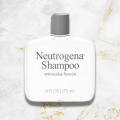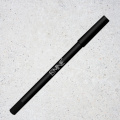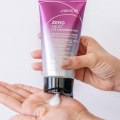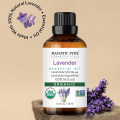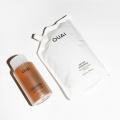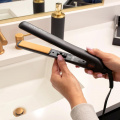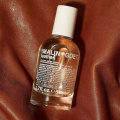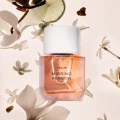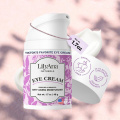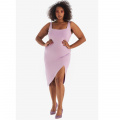How vitamin E can impact acne and skin health?
As a human being, probably one of life’s most common yet complex issues is fighting acne from the age of puberty through adulthood. Let's see how vitamin E helps in coping acne.
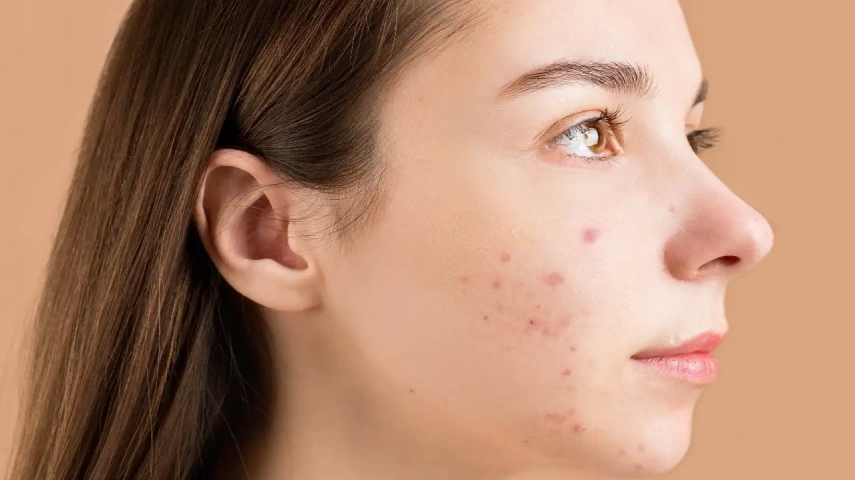
According to statistics, more than 50 million Americans struggle with acne. If you have never experienced a significant acne problem, consider yourself extremely fortunate. If you struggle with severe acne, your daily goal should be to discover a solution. Acne does not, according to science, have a cure. There are, however, precautions you can take to avoid developing an acne problem. Pimples is another term frequently used to describe acne. Pus-filled red lumps are known as pimples. Typically, they are inflamed and sore.
One antioxidant that has been suggested as a potential acne therapy is vitamin E. Vitamin E is an anti-inflammatory from a nutritional standpoint, which means it can aid your immune system and cell regeneration. These qualities, such as the following, are regarded to be especially beneficial for inflammatory acne:
- nodules
- cysts
- papules
- pustules
- scars
Theoretically, vitamin E might help treat acne, but much more research is required to determine whether this approach is equally effective or superior to other, more widely used acne therapies. It's crucial to take into account the distinctions between using vitamin E topically and supplementing with it. Before using vitamin E to treat your acne, learn more about what the study suggests by reading. Then consult a dermatologist.
What is vitamin E?
Let's establish the facts and define vitamin E before we go into the details. Simply explained, vitamin E is an anti-inflammatory agent and an antioxidant that has several health advantages for your body. The substance aids in cell regeneration and is thought to strengthen your immune system. But does it assist with inflammatory acne? The solution is more difficult than you would imagine!
Theoretically, vitamin E might be helpful, but much more research is required to determine whether it is superior to the other widely used treatments for acne. This also considers how the product should be used properly; for example, should vitamin E capsules be ingested or used topically?
Formulations of vitamin E
The most common forms of topical vitamin E include oils, serums, and creams. Other substances for reducing dark spots and fighting acne may be found in such treatments. Vitamin A and C are among them. Consider utilizing an anti-aging product in one of the aforementioned formulations if treating acne spots is your primary concern.
Spot treatment may be more effective for active breakouts of acne. Look for topical applications with vitamin E. (alpha-tocopherol). Another choice is to mix lightweight carrier oil, like jojoba, with pure vitamin E oil before applying it straight to your blemishes. Ensure that your diet contains adequate vitamin E. By enhancing your complexion, can benefit the health of your skin as a whole.
The following foods are considered high in vitamin E:
- safflower oil
- sunflower oil
- corn oil
- soybean oil
- almonds
- sunflower seeds
- hazelnuts
- fortified cereals
If you don't obtain enough vitamin E from your diet alone, your doctor may advise taking supplements. Adults should consume 15 milligrams of vitamin E daily, according to the National Institutes of Health (NIH) (mg). Women who are nursing require an additional 19 mg per day.
The signs of a vitamin E deficiency are not usually obvious. It's crucial to refrain from taking supplements unless your doctor has prescribed them. A blood test will enable them to determine whether you require vitamin E supplements.
What does the research say?
The key conclusion from the study that has been done so far on vitamin E for skin is that it functions best topically. In terms of consumption, it is thought that you can receive enough of it through a balanced diet since vitamin E supplements taken orally may be beneficial for the skin in general but don't affect acne. It was beneficial for three months, according to one study. However, since zinc was also administered, it is difficult to tell from the data whether zinc or vitamin E was the effective component.
Experts revealed, "The majority of investigations on vitamin E used additional components in addition to it. Therefore, we are unsure as to whether vitamin E or other ingredients are working. There is no research so far which suggests that alone vitamin E cleanly applied has treated any kind of acne but can aid when coupled with other forms of formulations".
Topical vitamin E for acne
We must examine vitamin E carefully to comprehend it better, beginning with topical preparations. Oils, serums, and creams are all forms of vitamin E. However, these solutions frequently include additional anti-acne or anti-blemish substances such as vitamins A and C. For instance, you can take a mix of vitamins C and E if your skin is mostly affected by brown spots or acne scars. Ferulic acid is occasionally added as a second component to treat both the spots and the acne. Therefore, you can utilize spot treatments with any liquid containing vitamin E, also known as alpha-tocopherol, for active acne breakouts. Adding essential oil to it is an additional choice.
Internal/Dietary vitamin E for acne
You must include vitamin E in your well-balanced diet in addition to the usual vitamin E used for skin care if you want to see any results. Doctors typically don't examine for vitamin E insufficiency unless it is in a specific condition because it is typically not detected and is not very visible. However, you can ensure that it is a safe part of your everyday diet. Safflower oil, sunflower oil, soybean oil, almonds, sunflower seeds, fortified cereals, corn oil, and others are some of the main food sources high in vitamin E.
Consult a dermatologist if you realize that your vitamin E intake is still inadequate. Typically, they would suggest a vitamin E supplement to help increase the numbers without having to worry about dietary sources. For adults, the recommended daily allowance (RDA) for vitamin E is 1 mg; for nursing mothers, it is 19 mg. Follow the dosage instructions carefully because taking too much vitamin E can also have negative consequences.
Precautions to know of while using vitamin E for acne
The dermatologist explained that when using vitamin E to treat acne, "After reading internet recommendations to take or apply vitamin E as is, I frequently see patients who self-medicate with it. However, most of the time this advice comes from unreliable sources and is not medical. In actuality, taking too much vitamin E can make you more likely to bleed, especially if you're also on anticoagulants. So if you use supplements, consult your dermatologist beforehand ". You don't always need to take a supplement, as many foods are high in vitamin E and generally sufficient.
Additionally, there are hazards associated with excessive administration of topical vitamin E. On skin that is already oily and acne-prone, vitamin E oils might have negative effects. It could clog your pores since you're adding too much oil to oil glands that are already operating at full capacity, which exacerbates your acne. A patch test should always be performed 48 hours before using vitamin E oil, and only then should it be attempted to be applied to the face.
Effective alternatives of vitamin E for acne
Instead of self-medicating with vitamin E, experts advise using the more well-known and secure alternatives for treating acne. Alpha hydroxy acids, benzoyl peroxide, adapalene gel, clindamycin, salicylic acid, and zinc are some of the therapies that experts advise using. Tea tree oil is a natural substitute because it has been shown effective in many cases and is known to have anti-inflammatory and antibacterial properties. Vitamin A is an excellent substitute for vitamin E and can be obtained with a dermatologist's advice. Therefore, have your acne examined by a qualified professional who can accurately assess you, identify the underlying problem, and then treat you as necessary.
When to see a doctor
Even though occasional acne breakouts can be upsetting, these are typically not a cause for alarm. If you have naturally oily skin and when your hormone levels fluctuate, such as during adolescence and menstruation, you can also notice more acne scars.
However, severe acne can present more of a challenge. This is especially true if you frequently and in large amounts have deep cysts and nodules under your skin. To receive a prescription treatment, such as:
- antibiotics
- oral contraceptives
- retinol
- stronger concentrations of benzoyl peroxide
- red and peeling skin
- more oily skin
- increased blemishes
- hives or eczema
Although vitamin E has been investigated as a possible acne therapy, the findings are still controversial. If you have skin that is drier or more mature, you might wish to explore topical treatments. If you have oily skin, however, these formulas can be too thick for you. You might wish to stick with other acne treatments in these circumstances. If your acne doesn't improve after a month of regular changes, consult a dermatologist. Additionally, you should never take supplements, including vitamins, without first consulting your doctor.





 JOIN OUR WHATSAPP CHANNEL
JOIN OUR WHATSAPP CHANNEL





































